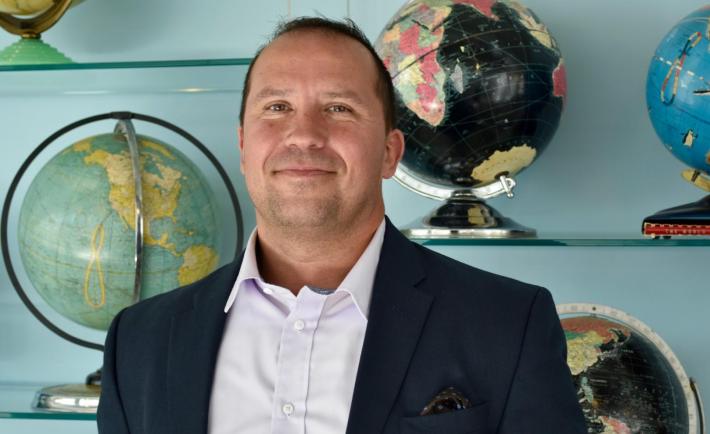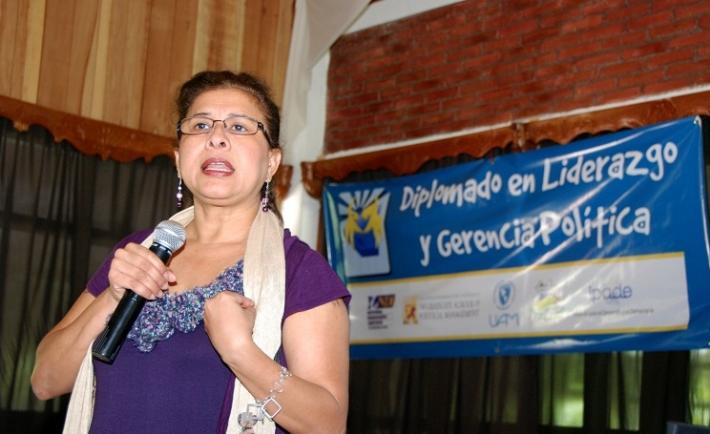
Participants in Moldova’s Challenger program canvass and get out the vote for parliamentary elections.
What helps citizens succeed as political leaders and activists? Beyond providing technical skills and tools, NDI has noted that developing certain attitudes and behaviors can help citizens participate more meaningfully in public life. Young political activists have consistently mentioned the need for improved “soft skills” to work effectively and succeed as leaders. USAID and other donor agencies are also recognizing the importance of putting these skills at the center of human development.


